Meanwhile, Russia state media reports claim Russian warplanes targeted and killed 200 of the rebels who launched the shock offensive on Friday.
Syrian government troops battled insurgents inside the largest city Aleppo for the first time since 2016, while warplanes targeted rebel supply lines on the city’s edge, Syrian state media reported on Saturday.
Meanwhile, Russia’s state news agency Tass quoted Oleg Ignasyuk, a Russian Defence Ministry official coordinating in Syria, as saying that Russian warplanes targeted and killed 200 militants who launched the offensive in the northwest on Friday. It provided no further details.
Russia has supported the regime of President Bashar al-Assad for years, including with deadly airstrikes on Aleppo in 2016.
Insurgents broke through government defence lines in Aleppo on Friday and entered the city’s western neighbourhood with little resistance. The insurgents launched their shock offensive in Aleppo and Idlib countryside on Wednesday and wrestled control of dozens of villages and towns along the way, including a strategic town south of Aleppo.
The pro-government Al-Watan newspaper reported airstrikes on the edge of Aleppo city, targeting rebel supply lines. It posted a video of a missile landing on a gathering of fighters and vehicles, in a street lined with trees and buildings.
Twenty fighters were killed in the airstrikes that targeted rebel reinforcements, said the Syrian Observatory for Human Rights, which monitors the country’s unresolved civil war. Aleppo residents reported clashes and gunfire, and some were fleeing the fighting.
Schools and government offices were closed on Saturday as most people stayed indoors, according to Sham FM radio, a pro-government station. Bakeries were open.
In social media posts, the insurgents were pictured outside of Aleppo citadel, the medieval palace in the old city centre, and one of the largest in the world. In cellphone videos, the insurgents recorded themselves having conversations with residents they visited at home, seeking to reassure them they will cause no harm.
State media reported that a number of “terrorists," including sleeper cells, have infiltrated parts of the city. Government troops chased them and arrested a number who posed for pictures near city landmarks, state media said.
On a state TV morning show Saturday, commentators said army reinforcements and Russia’s assistance will repel the “terrorist groups,” blaming Turkey for supporting the insurgents’ push into Aleppo and Idlib provinces.
Aleppo has not been attacked by opposition forces since they were ousted from eastern neighbourhoods in 2016 following a gruelling military campaign in which Syrian government forces were backed by Russia, Iran and its allied groups.
The attack on Aleppo followed weeks of simmering low-level violence, including government attacks on opposition-held areas. Turkey, which has backed Syrian opposition groups, failed in its diplomatic efforts to prevent the Syrian government attacks, which were seen as a violation of a 2019 agreement sponsored by Russia, Turkey and Iran to freeze the line of the conflict.
The offensive came as Iran-linked groups, primarily Lebanon’s Hezbollah, which has backed Syrian government forces since 2015, have been preoccupied with their own battles at home. A ceasefire in Hezbollah’s two-month war with Israel took effect Wednesday, the day the Syrian opposition factions announced their offensive. Israel has also escalated its attacks against Hezbollah and Iran-linked targets in Syria during the last 70 days.
Turkey’s state-run Anadolu news agency said the insurgents have seized control of large parts of Aleppo and Idlib countryside.
The 2016 battle for Aleppo was a turning point in the war between Syrian government forces and rebel fighters after 2011 protests against President Bashar Assad’s rule turned into an all-out war.
Russia and Iran and its allied groups helped Syrian government forces reclaim control of the city that year after a gruelling military campaign and a siege that lasted for weeks.

 1 month ago
15
1 month ago
15

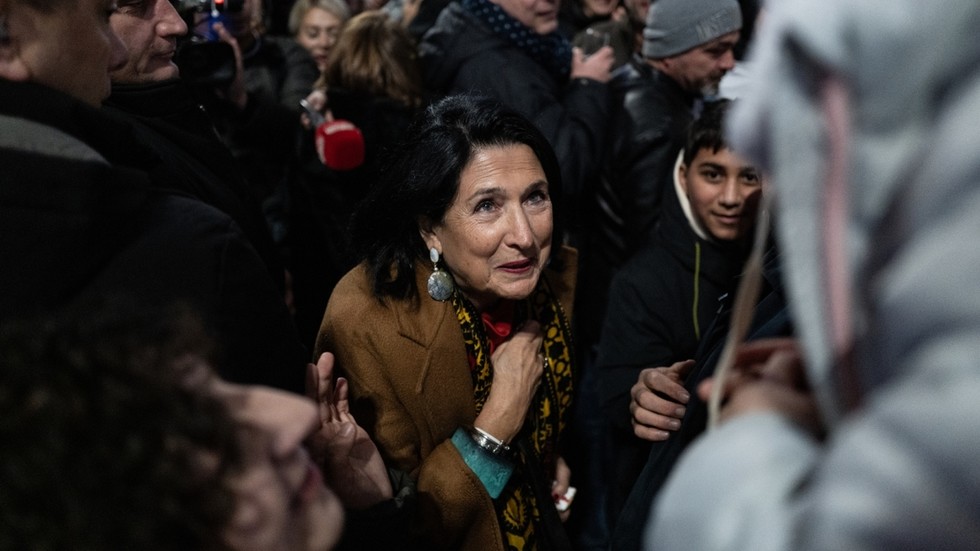
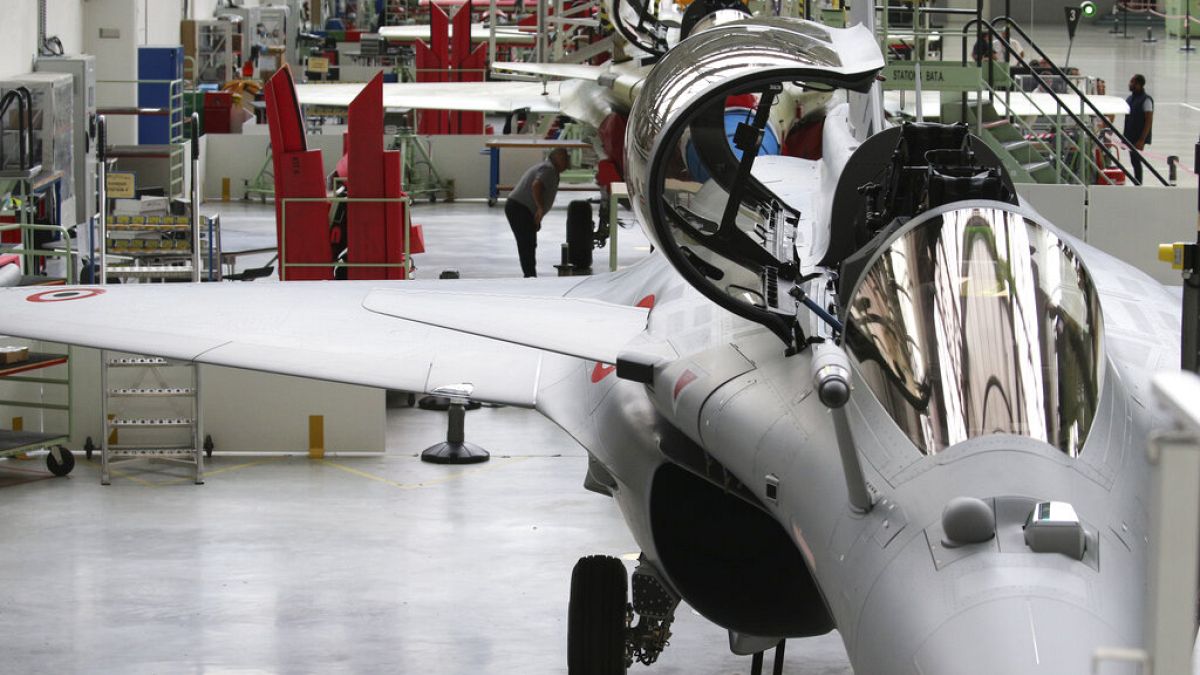
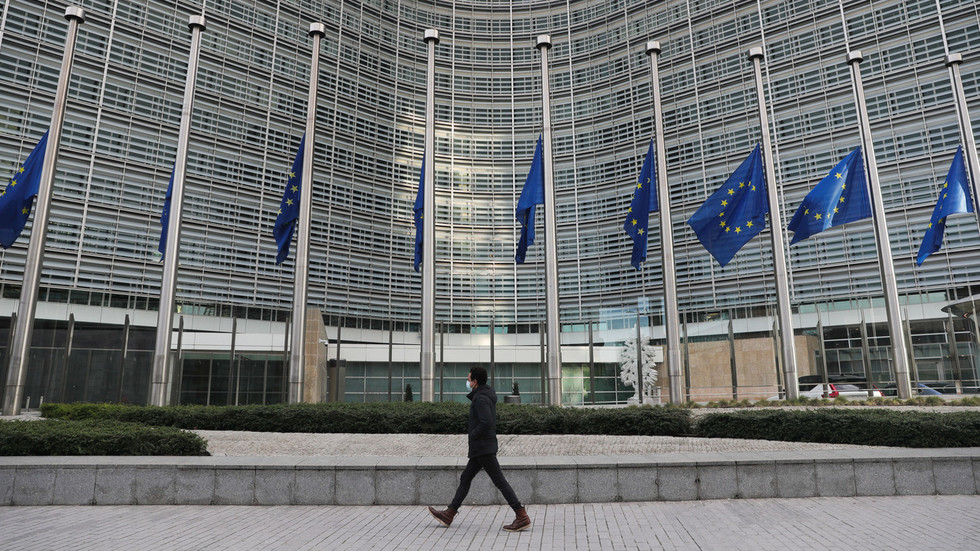
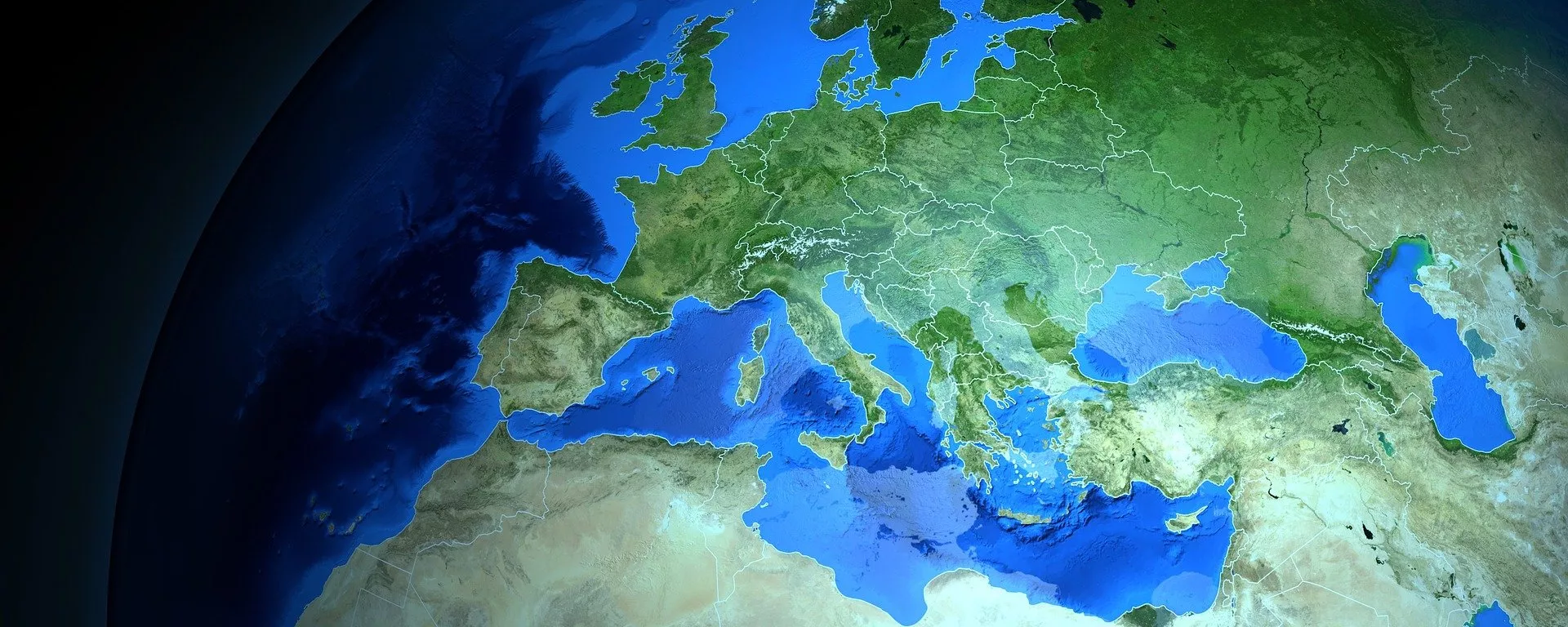
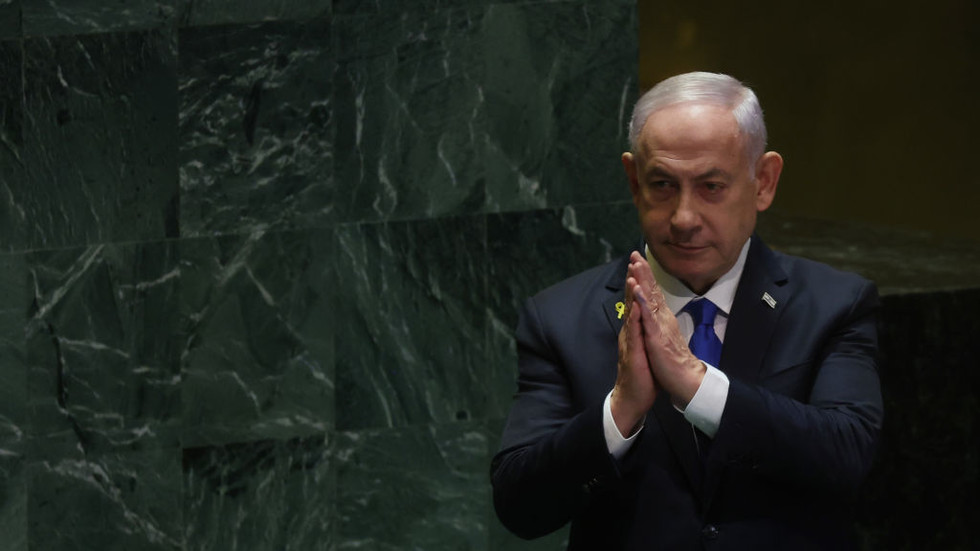
 We deliver critical software at unparalleled value and speed to help your business thrive
We deliver critical software at unparalleled value and speed to help your business thrive






 English (US) ·
English (US) ·